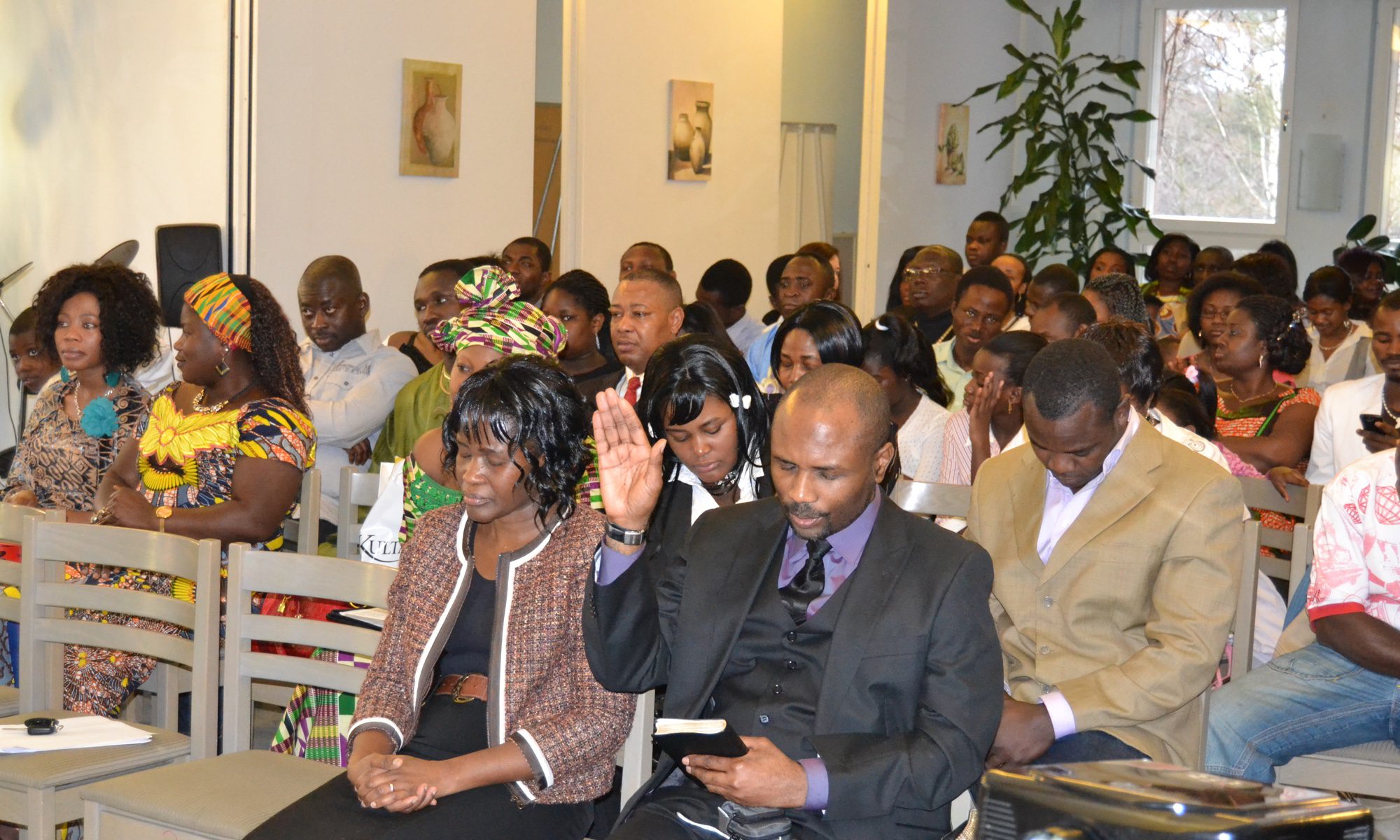Introduction
It has been chronicled in our previous newsletters that food, as a basic need, is very necessary for the survival, growth, and development of mankind. However, ´love´ cannot be left out if one needs to talk about basic human needs or ingredients required for normal human growth and development.
God´s love: our perfect example
“For God so loved the world, that he gave his only begotten Son, that whosoever believeth in him should not perish, but have everlasting life” (Joh 3:16).
The love of God was manifested towards us in that He sent His only begotten Son into the world, that we might live through him (1Joh 4:9). It is God who first loved us and sent His only son to be the propitiation for our sins (1Joh 4:10). Jesus came to die for the sinful world. We were sinful but the Lord expressed practical love towards us. He gave all that He had for our salvation and deliverance. John writes that our love should not be mere words but in deed and in truth (1Joh 3:18). This is the kind of love that God expects His children to demonstrate toward one another. In his admonishment, John writes: “Beloved, if God so loved us, we ought also to love one another” (1Joh 4:11).
Loving God, thy Neighbor and Thyself
God expects us to love him deeply but He also takes delight in seeing a genuine love for one another. In their discourse,
“Jesus said unto him, Thou shalt love the Lord thy God with all thy heart, and with all thy soul, and with all thy mind. This is the first and great commandment. And the second is like unto it, Thou shalt love thy neighbour as thyself” (Mat 22:37-39, Mar 12:30-31).
The truth is that we cannot claim to love God and hate or dislike our fellow man. The scripture says that if a man says s/he loves God but hates his fellow brethren, s/he is a liar because we cannot love God who we do not see, and hate persons with whom we live (1Joh 4:20). We must be kindly affectionate to one another with brotherly love (Luk 10:27). Brotherly love must continue (Heb 13:1), and it should be extended to servants and maids (Exo 21:5), our families (Exo 21:5, Eph 5:25, 28), strangers (Lev 19:34, Deut 10:19) and our enemies (Mat 5:43-44, Luk 6:32, 35) as well as returning same to those who love us (Pro 8:17). We must be constrained by the love of Christ (2Co 5:14) to love those who are different from us.
The perfect law: loving unconditionally
God loved us even while we were yet sinners (Rom 5:8) but not when we were good people. We are being charged to love unconditionally with the kind of love with which Christ loves us. The word of God commands us to love each other with the love of Christ (Joh 13:35, Joh 15:12, 17). It is by loving one another that the world sees that we are indeed the disciples of Christ (Joh 8:31). The command to love God and each other is both a renewed and an old age one to all believers (1Joh 3:11, 23, 2Joh 1:5).
Love: the fulfillment of the law
Laws, in themselves, are not sufficient to transform people and the world. People know the consequences of stealing, murder, and adultery among others but they continue in those things and get punished for that. It is not the law that transforms lives but the power of love. There is nothing greater than love. In it is the embodiment of the law. Paul writes:
“Owe no man anything, but to love one another: for he that loveth another hath fulfilled the law. For this, Thou shalt not commit adultery, Thou shalt not kill, Thou shalt not steal, Thou shalt not bear false witness, Thou shalt not covet; and if there be any other commandment, it is briefly comprehended in this saying, namely, Thou shalt love thy neighbour as thyself. Love worketh no ill to his neighbour: therefore love is the fulfilling of the law” (Rom 13:8-10).
By implication, the above scripture tells us that the problems in the world are due to the fact that most of our leaders do not have the love of God. Protectionism, selfishness, greed, and corruption do not come out of love, and they are those that lead to the suffering of many humans. It is, therefore, important that we instruct our children in the way of God´s love so that when they grow up they would not depart from it.
Charity begins at home
The home must be the first teaching place of God´s love because it is the primary agent of socialization of the child. It is commonly said that charity begins at home but I think that if charity means love, then, this statement is sometimes misunderstood. We should commit ourselves to teach our family members to love themselves, each other and their physical world. If this is done, the rate of wickedness and insensitivity in our societies would be reduced.
Children must be made to feel loved and affectionate. They also need to be appropriately disciplined to inculcate love in them. God says that those He loves He rebukes and chastens them (Rev 3:19) because open and plain rebuke is better than secret love (Pro 27:5). It is equally relevant to give love to our children as we give them food.
Conclusion
Bread is important for every human being but love is a virtue that must be given to all people and help our children to develop it.
Prayer: Dear Lord God, we ask you for the grace to love you more, to love ourselves and one another as well as our world in the name of Christ Jesus our Lord. AMEN!

